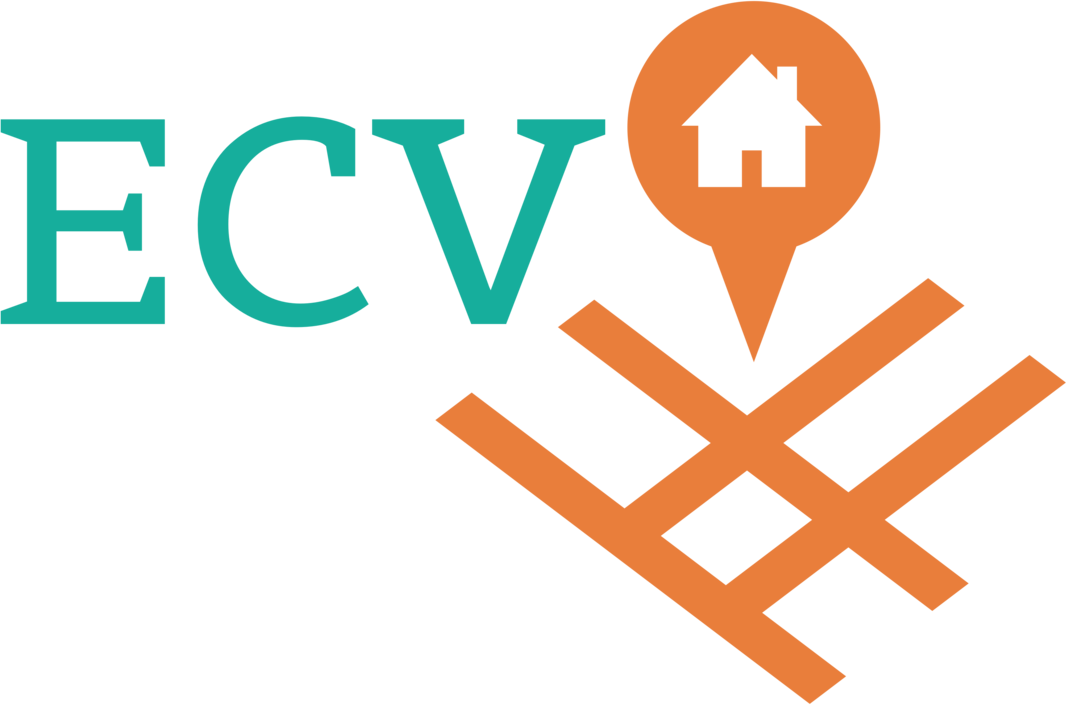What Are Residential Care Services?
Photo by Kampus Production from Pexels
Many people believe that residential care facilities are only for people who are too ill to live independently anymore, however, there are many people who simply enjoy the benefits of living in a care facility. Some older people prefer living in a residential care facility because it feels safer there than at home. In this blog, we’ll talk about specific residential care services and why a facility for your elderly loved ones is beneficial.
What is residential care?
A residential care facility provides general care and support for elderly people who need help with daily living activities. It can often be called "personal care" or "assisted living" and involves help with basic needs like washing, dressing, mobility, and so on. This is generally what is required for most of our residents at our Hotels. "Residential care homes" are often simply referred to as "Care Homes", whereas "Nursing Homes" are referred to by Care Quality Commission as "Care Homes with Nursing".
A care home is an institution where a number of elderly people live, usually in individual rooms, and have 24-hour access to on-site health care services. A home registered as a care home will generally provide personal care services such as helping with washing and dressing, administering medication, and providing meals. You can get further assistance such as eating meals, staying mobile, and so on. Some care homes are set up to provide a specific type of care, for example, dementia or end-of-life care.
What are residential care services?
Here are some examples of what support can be expected from a caregiver who’s providing residential care services:
Bathing or showering
Applying lotions and creams as required
Brushing teeth and denture care
Help apply make-up and hairstyling
Foot care
Assistance with waking and preparing for the day
To assist someone who needs help walking around their home and its grounds
Helping to the bathroom, including using commodes or bedpans
Mealtime assistance
Ensure opportunities for social interactions with others
Ensuring that residents are adequately hydrated and taking appropriate amounts of fluids
Getting ready for bed
Stretching in bed, to prevent bedsores
Changing incontinence pads, along with cleaning private areas
Clinical interventions for changing or maintaining a stoma bag or other form of clinical equipment
Providing a residential care facility for your elderly loved one can allow you to have peace of mind--that someone is making sure to look after their health and well-being. Residential care services also include ensuring proper taking of any prescribed medication--allowing your loved ones to take them at the right time and based on whatever prescribed regimen has been recommended.

